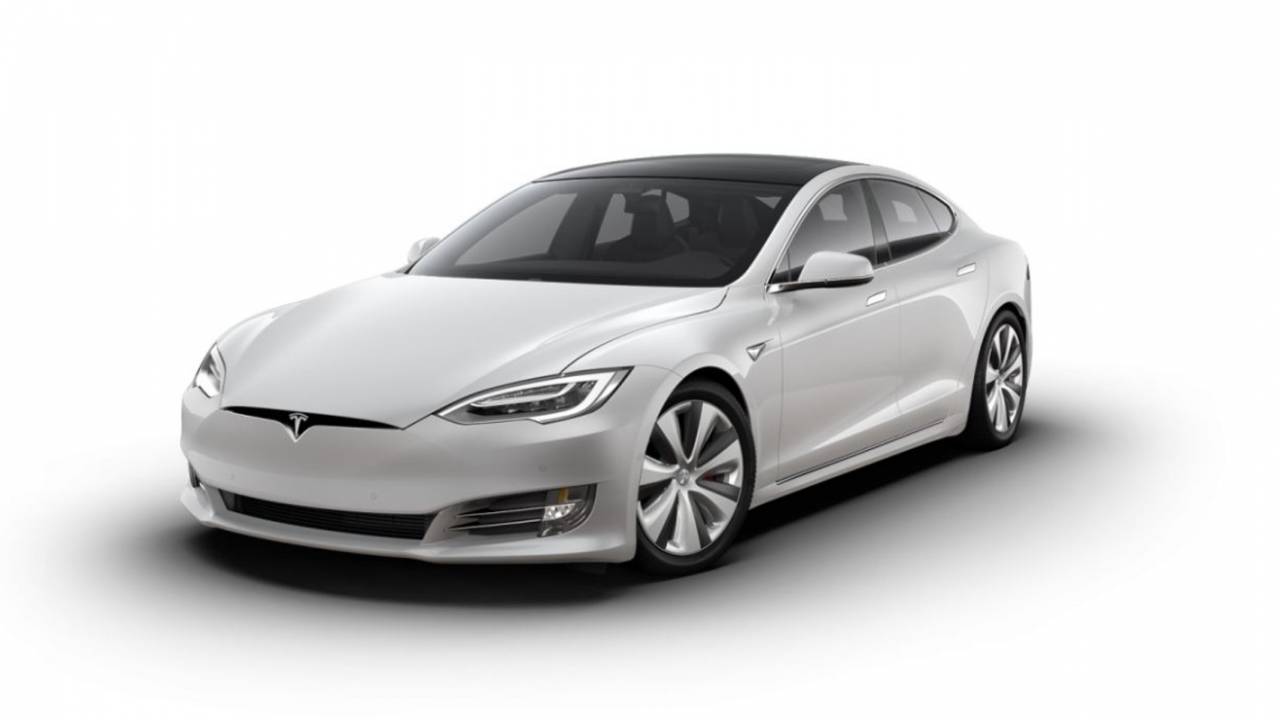Scientists from Sweden have developed a new power technology. A carbon fiber battery opens up interesting possibilities for electric car designers, enabling a significant increase in their range. The decline in interest in electric cars may be curbed by technology developed by scientists from Sweden. Developed by them the carbon fiber battery not only retains its capacity after hundreds of charging cycles, but can also be integrated into the vehicle's design.
Carbon Fiber Battery to Revolutionize Electric Cars
The fashion for electric cars seems to be slowly passing. Their sales have recently decreased significantly, and large corporations such as Ford, GM and Toyota are slowly withdrawing from the development of electromobility. The reason for this situation is the imperfections of the power supply technology, which discourages the use of cars powered by electricity. The problem is not only the large mass of such cars, but also the small range, which shrinks even more in winter. This makes them unsuitable for longer journeys, because they have to be planned in detail. And there is still the fear that due to the lack of free power stations on the route, we will be forced to make an unplanned stop. A separate issue is the battery life, which is relatively short.and the costs of replacing them can exceed the price of the vehicle. Scientists from Chalmers University of Technology in Gothenburg, however, have developed a power supply technology that can solve these problems. They have created an innovative carbon fiber battery that can be a very promising solution for electromobility.
A car built from batteries
Although her the energy density is not impressive, being only 33.4 Wh/kgwhich is only 30% of the density of classic lithium-ion batteries, but has other advantages. One of them is a lifespan that is significantly ahead of other technologies. After 1000 charging cycles, the energy efficiency of the project was still close to the initial value. Technology also has another advantage, which is high durability. The battery is made of carbon fiber, so it can not only store energy, but also serve as a structural element of the car. This opens up completely new possibilities for vehicle manufacturers, because using batteries as a load-bearing element would allow for a significant reduction in their weight. For now, however, the road to implementing this technology for use is still quite long. Scientists must first of all increase the energy density of their batteries. If we were to integrate batteries into a typical vehicle weighing 1,400 kg at the moment, it would allow for a capacity of only 47 Wh, which is less than many electric cars currently have. Of course, the key question remains how long such a battery can last, because it will not last forever. And when it stops fulfilling its function, how can you replace the battery integrated with the vehicle's structure. After all, a car cannot be disposable. Let's hope that scientists will refine their idea and dispel all doubts related to it. And if you would like to familiarize yourself with the results of their research, I invite you to this page.
Source: Chalmers University of Technology

